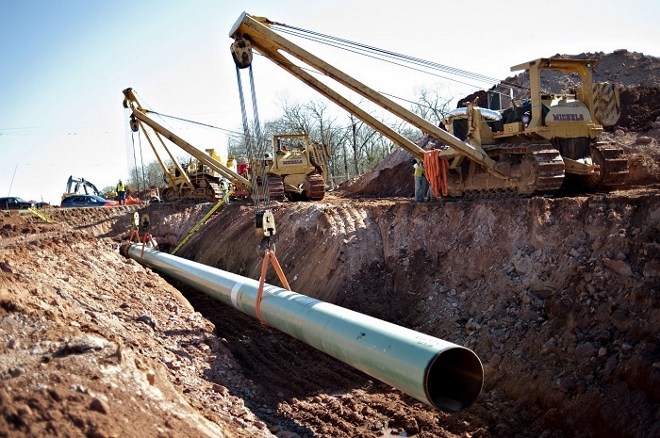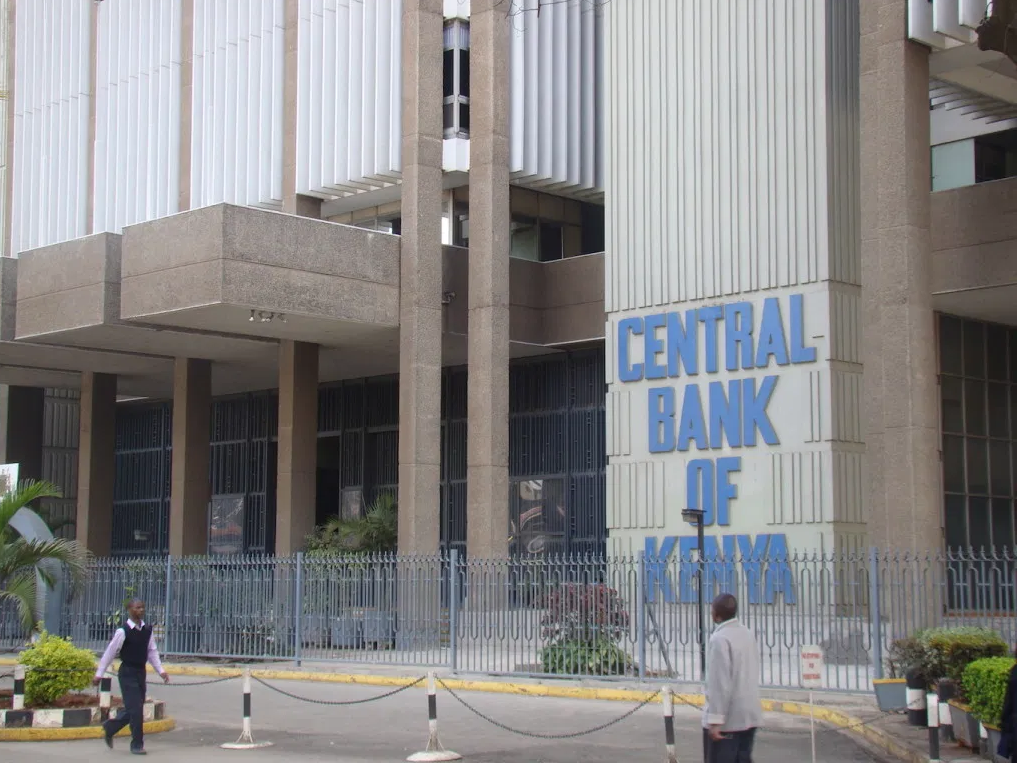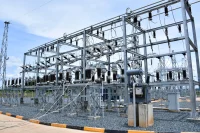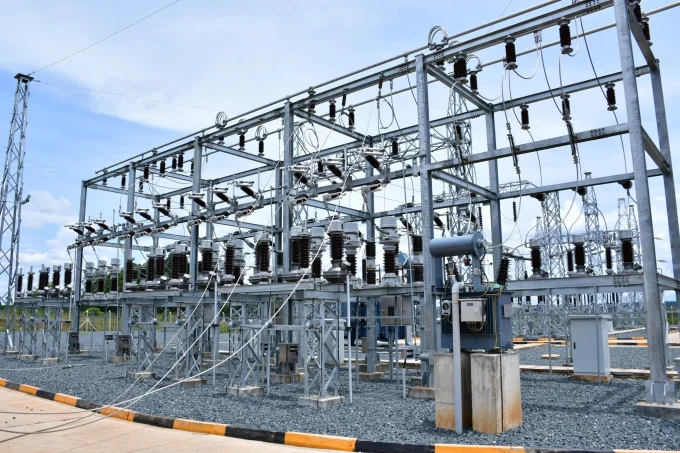The Parliamentary Public Investments Committee (PIC) has ordered Kenya Pipeline (KPC) to stop the payment of an additional Ksh11 billion for the Mombasa-Nairobi pipeline. Mr Adan Keynan, Chairman of PIC, said additional costs would overburden the taxpayer. “The committee has today ordered KPC not to accept the cost variation made by Zakhem International on the Mombasa-Nairobi pipeline,” said Keynan.
Keynan was speaking at KPC headquarters during an inspection visit of line 5 enhancement project by the PIC. The Ksh48 billion project is the country’s second largest infrastructure undertaking. KPC Managing Director Joe Sang said the pipeline construction is being undertaken under the international standards organization for the consulting engineering and construction (FIDIC), which has clear conditions for handling, among other things, claims.
“The claim by Zakhem International is being reviewed under FIDIC contract conditions. It is therefore not possible for KPC to undertake payment of claim before going through this process,” said Sang.
Mr Sang said the overall project completion is now at 78 percent, while construction of the actual pipeline is 90 percent complete. “KPC’s focus now is on construction and installation of equipment at the new pump stations,” he said.
KPC is replacing the existing Mombasa-Nairobi pipeline that has been in operation for 38 years.
A Vision 2030 flagship project, the construction of the 20 inch diameter 450km pipeline commenced in the year 2014 and is expected to be completed in April 2017.
Once complete, the pipeline will ensure sustained, reliable and efficient transportation of petroleum products in the region and meet demand in the next 30 years. The pipeline will have an installed flow rate of 1 million litres per hour in phase one. The line will remove about 700 trucks from the road daily at maximum utilization thus saving the government billions of shillings that is spent annually on road maintenance.
Construction of four additional storage tanks at Nairobi Terminal each with a gross capacity of 33,366,000 litres is also ongoing. The additional tanks will more than double the storage capacity of diesel and super petrol from the current 100 million litres to 233 million litres effectively providing sufficient capacity for receipt of higher volumes of product expected once the Mombasa–Nairobi pipeline is replaced.
[crp]


















































![Pula Co-Founders and Co-CEOs, Rose Goslinga & Thomas Njeru. Pula provides agricultural insurance and digital products to help smallholder farmers manage climate risks, improve farming practices and increase their incomes. [ Photo / Courtesy ]](https://businesstoday.co.ke/wp-content/uploads/2021/01/Pula-Co-Founders-and-Co-CEOs-Thomas-Njeru-Rose-Goslinga.jpg)



























































Leave a comment